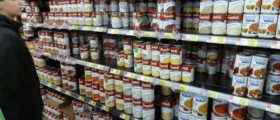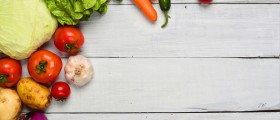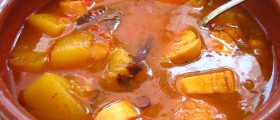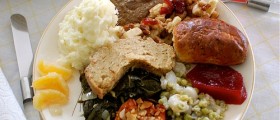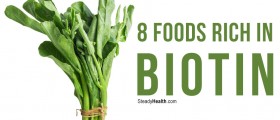What foods to avoid?
Loading...
HIGH potassium (more than 225 milligrams per 1/2 c. serving)
These foods would be beneficial to athletes or to others who incur heavy fluid loss. Patients on potassium-restricted diets should avoid them, or eat them sparingly, as advised by their nutritionist.
All meats, poultry and fish are high in potassium.
Apricots (fresh more so than canned)
Avocado
Banana
Cantaloupe
Honeydew
Kiwi
Lima beans
Milk
Oranges and orange juice
Potatoes (can be reduced to moderate by soaking peeled, sliced potatoes overnight before cooking)
Prunes
Spinach
Tomatoes
Vegetable juice
Winter squash
MODERATE (125 - 225 mg per serving)
These foods can be a large part of most people's balanced nutrition plan. Persons restricting their potassium might be cautioned to include no more than one or two servings from this list per day, depending on their medical restrictions.
Apple juice
Asparagus
Beets
Blackberries
Broccoli
Carrots
Cherries
Corn
Eggplant
Grapefruit
Green peas
Loose-leaf lettuce
Mushrooms, fresh
Onions
Peach
Pears
Pineapple
Raisins
Raspberries
Strawberries
Summer squash, including zucchini
Tangerines
Watermelon
LOW potassium (less than 125 mg per serving)
These foods give less electrolyte value per serving for people who need to increase their potassium levels.
They should be a major part of the menu plan for people limiting their intake.
Apples
Bell peppers
Blueberries
Cabbage
Cranberries
Cranberry juice
Cucumber
Fruit cocktail
Grapes
Green beans
Iceberg lettuce
Mandarin oranges, canned
Mushrooms
Peaches, canned
Pineapple, fresh
Plums
These foods would be beneficial to athletes or to others who incur heavy fluid loss. Patients on potassium-restricted diets should avoid them, or eat them sparingly, as advised by their nutritionist.
All meats, poultry and fish are high in potassium.
Apricots (fresh more so than canned)
Avocado
Banana
Cantaloupe
Honeydew
Kiwi
Lima beans
Milk
Oranges and orange juice
Potatoes (can be reduced to moderate by soaking peeled, sliced potatoes overnight before cooking)
Prunes
Spinach
Tomatoes
Vegetable juice
Winter squash
MODERATE (125 - 225 mg per serving)
These foods can be a large part of most people's balanced nutrition plan. Persons restricting their potassium might be cautioned to include no more than one or two servings from this list per day, depending on their medical restrictions.
Apple juice
Asparagus
Beets
Blackberries
Broccoli
Carrots
Cherries
Corn
Eggplant
Grapefruit
Green peas
Loose-leaf lettuce
Mushrooms, fresh
Onions
Peach
Pears
Pineapple
Raisins
Raspberries
Strawberries
Summer squash, including zucchini
Tangerines
Watermelon
LOW potassium (less than 125 mg per serving)
These foods give less electrolyte value per serving for people who need to increase their potassium levels.
They should be a major part of the menu plan for people limiting their intake.
Apples
Bell peppers
Blueberries
Cabbage
Cranberries
Cranberry juice
Cucumber
Fruit cocktail
Grapes
Green beans
Iceberg lettuce
Mandarin oranges, canned
Mushrooms
Peaches, canned
Pineapple, fresh
Plums
Loading...
Thank you for this because I am hypertensive and was adviced to keep away from high Potassium diets.
Loading...
To avoid high potassium levels, do not eat canned, salted or preserved meats like hot dogs, sausage, anchovies or sandwich spreads. Also avoid dried beans and peas as well as sunflower seeds.
To minimize potassium in fruits and vegetables, all fruits and vegetables should be rinsed and drained well before eating Cook vegetables in water to remove excess potassium and drain well.
Vegetables to avoid include avocado, tomato, potatoes including sweet potatoes or yams, pumpkin, Swiss chard, cooked spinach and Brussels sprouts.
Loading...
I would like to know what foods woulds be most appropriate for someone who is diabetic and has high potassium?
Loading...
With high potassium, it says avoid meats, does that mean ALL meats? Any suggestions on lower potassium meats I can eat, besides fish?
Loading...


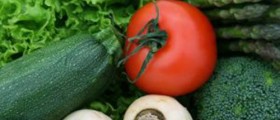
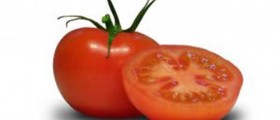
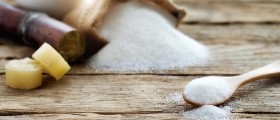
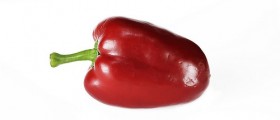
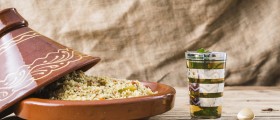
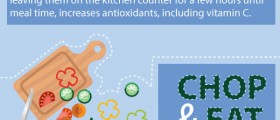
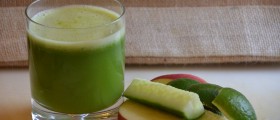
_f_280x120.jpg)
